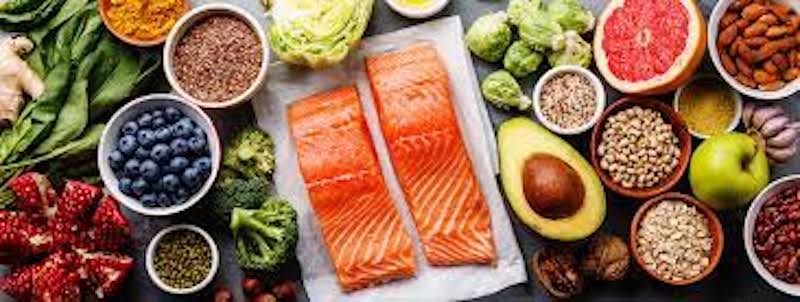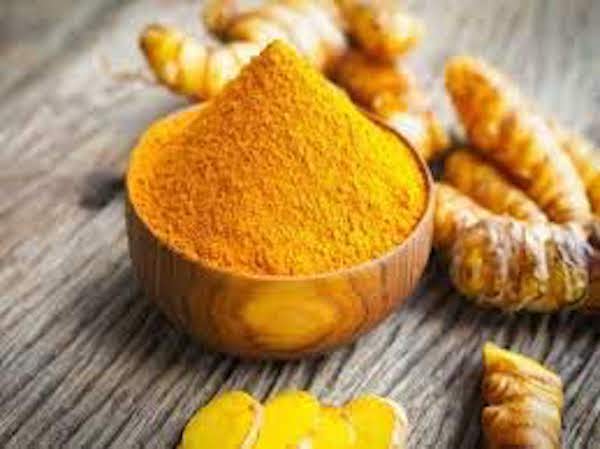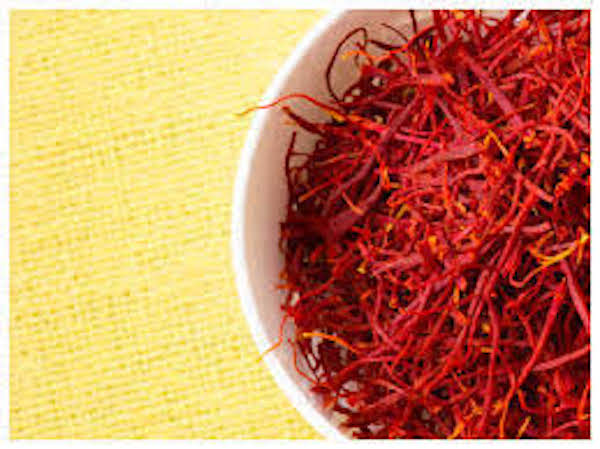
2020 has been a year like no other. Most of us have experienced some type of stress that we would describe as chronic. We have all experienced loss whether it be loss of: jobs, important events, relationships, health, and loved ones. Our chronic stress may be caused by uncertainly or unsettledness. Whatever your chronic stressors may be, left unattended, they can be one cause of inflammation in your body.
When inflammation in our bodies gets turned up too high and stays too long, the immune system continues to pump out white blood cells and chemical messengers that prolong the process, that is known as chronic inflammation.
Factors that may increase the risk of chronic inflammation include:
- Older age
- Obesity
- A diet that is rich in unhealthy fats and added sugar
- Smoking
- Stress
- Sleep problems
Long-term diseases that doctors associate with inflammation include:
- Heart disease
- Diabetes
- Cancer
- Asthma
- Chronic peptic ulcer
- Rheumatoid arthritis
- Periodontitis
- Ulcerative colitis and Crohn’s disease
- Sinusitis
- Active hepatitis
- GERD
- COPD
Chronic inflammation is tricky to deal with. The problem is that chronic inflammation is often “invisible,” since it does not show telltale physical signs.
The best approach is to prevent conditions related to chronic inflammation. It goes back to the basics: maintaining a healthy weight, choosing healthy foods, getting plenty of sleep and exercising regularly. Diet has an especially strong impact on managing chronic inflammation since it can help control weight and improve sleep.
Certain foods are associated with either promoting or inhibiting the inflammatory response. For instance, cut back or eliminate foods high in simple sugars like soda, fruit juices with added sugars, sports drinks, processed meat and refined carbs like white bread and pasta.
Also, eat more foods high in the antioxidants known as polyphenols, which can lower inflammation. Examples include all types of berries, cherries, plums, red grapes, onions, turmeric, green tea, dark green leafy vegetables like spinach and kale, ginger and saffron. Three that might be less likely to be in your current diet are ginger, turmeric and saffron.

Ginger: People have long used ginger to treat dyspepsia, constipation, colic, and other gastrointestinal problems, as well as rheumatoid arthritis pain. Ginger is available fresh in groceries or online in supplement form. It is easy to add fresh ginger to a smoothie.

Turmeric: Curcumin, the main ingredient in turmeric, may have benefits for arthritis, Alzheimer’s disease, and some other inflammatory conditions. Supplements with turmeric and curcumin are available online. Try adding a sprinkle of turmeric to your oatmeal.

Saffron: Well known to be a powerfulantioxidant, saffron has been linked to several other potential health benefits, such as improved heart disease risk, blood sugar levels, eyesight and memory. Saffron has a subtle taste and aroma, which makes it easy to add to your diet. It pairs well with savory dishes, such as rice, paella, and risotto. You can also drink saffron tea.
Studies have suggested that people with high levels of inflammation may be less likely to follow a diet that is rich in fresh products and healthy oils, such as the Mediterranean diet which includes:
- Olive oil
- High fiber foods
- Tomatoes
- Nuts, such as walnuts and almonds
- Leafy greens, including spinach and kale
- Fatty fish, such as salmon and mackerel
- Fruit, including blueberries and oranges
The following foods may aggravate inflammation:
- Fried foods
- Highly processed foods
- Foods and drinks with added sugar
- Red meat
- Unhealthful fats, such as saturated and trans fats
Diet alone will not control inflammation, but making good choices may help prevent it from getting worse. Regular exercise can help protect against conditions linked with chronic inflammation, especially heart disease and obesity along with stress reduction and adequate sleep. What changes can you make in your diet or lifestyle to help you finish 2020 strong?
Need assistance in
